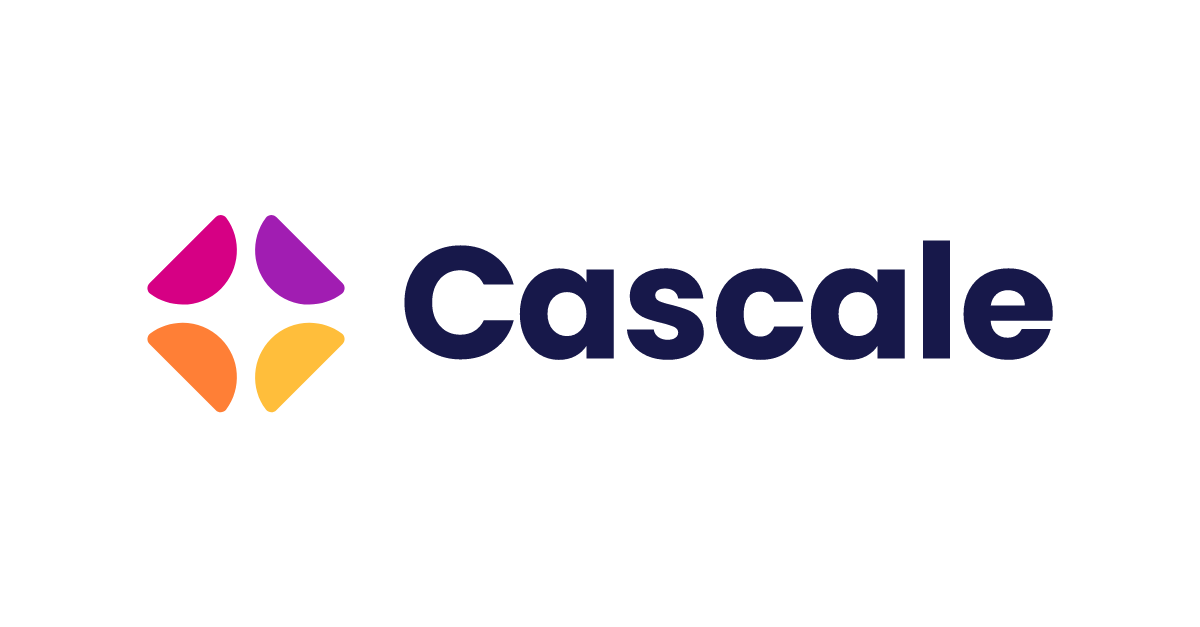Tariffs, Turbulence, and Responsible Purchasing: Are Trade Wars More of an Opportunity Than a Threat?
Discover how the 2025 Better Buying Purchasing Practices Index reveals new insights on resilience, responsible purchasing, and supplier partnerships amid global trade tensions.

by Lindsay Wright, Cascale director, affiliate and partner communications
The Blessing in Disguise (BiD) Hypothesis encourages us to see challenges as opportunities in disguise and reframe perceived threats as chances for growth, innovation, transformation, and change.
Cascale’s 2025 Better Buying Purchasing Practices Index (BBPPI), published earlier this month, suggests that this may indeed be the case, and that even amid the toughest of geopolitical and trading contexts, brands and supplier companies can work together across the value chain to adopt purchasing practices that ensure fairness, resilience, and shared success.
The Ultimate Stress Test
Data collected for the BBPPI back in 2021 — just as suppliers were emerging, shell-shocked and bruised from the COVID-19 pandemic — revealed some interesting insights. We had expected the scores to take a real beating. But that wasn’t what happened. In fact, the data revealed that companies that had subscribed with Better Buying for two or more rating cycles had continued to improve their purchasing practices, despite the unprecedented shock of COVID.
Buyers who had begun improving their purchasing practices before the pandemic could draw on critical building blocks that helped them weather the storm. They talked to their suppliers. They knew their strengths and weaknesses thanks to the data and insights they had collected through the Better Buying surveys. And they were using that data to partner with their suppliers to co-create solutions to the challenges of COVID, making resilience a joint achievement.
At the time, Better Buying predicted that in the event of any future shocks and disruptions, it would be those companies, with inbuilt business resilience and strong supplier partnerships, that emerged competitively afterwards.
So were we right? Fast forward five years, to the 2025 BBPPI rating cycle, and we see new patterns emerging. Under the BBPPI, we confidentially collected data and insights from suppliers during a period of unprecedented geopolitical tension and uncertainty — much of it stemming from U.S.-imposed tariffs.
A New Kind of Resilience
As in 2021, this new stress-test environment for purchasing exposed weaknesses where resilient practices are not yet institutionalized. The overall industry score was down one point, and most category scores edged lower. This was especially true in the critical area of Planning & Forecasting, down three points from last year — highlighting ongoing challenges in forecast timeliness and accuracy. (Planning & Forecasting is one of seven responsible purchasing practices Better Buying identifies in its ratings cycle). Overall, buyers’ efforts to improve have been limited, and global tensions and tariffs may have further weakened performance.
And yet, as before, that’s not the whole story. Just as we saw during COVID, there are still some buyers – those with stronger processes in place – who have either sustained or improved their performance, indicating that when it comes to responsible purchasing, it’s the quality of buyers’ practices, rather than macro shocks alone, that determines outcomes.
Three Better Buying subscribers in particular were selected for closer analysis this year. Each has participated in the last three BBPPI rating cycles (2023-2025). Not only did they all outperform the soft goods industry average — despite industry-wide declines in almost all purchasing practices categories this year — one company even achieved an impressive 10 percent improvement in its overall score over the period. All three also demonstrated consistent year-on-year performance improvements.
So what did they do right?
One common feature was relatively high performance in Planning and Forecasting — a key driver of decent work, and the category consistently cited by suppliers as the most important area for buyers to focus their improvement efforts. Another was above-the-benchmark performance in relation to sample adoption rates. Suppliers underscored how good practices in these areas enabled them to manage capacity, invest in their workforce, and reduce waste.
Taken individually, each company had particular strengths. Almost all of one company’s suppliers reported that all orders were placed for fully compliant production. Another excelled at providing consistent, predictable monthly order volumes. The third was praised by suppliers for using fair financials, including advance payments and favorable terms.
Transformation Happens Together
These insights prove improvement can be achieved. But for lasting, transformational change, it can’t be just a few companies doing this in isolation. In the seven years since Better Buying began collecting supplier data, the number of participating companies has not grown enough to drive industry-wide change. But Better Buying is now part of Cascale, with 300+ members, presenting a once-in-a-generation opportunity to move the needle.
But how do we make that happen?
One barrier to progress has been fragmented leadership across the value chain. Brand and retailer CEOs must step forward with clear commitments, while suppliers must have meaningful opportunities to shape strategy and show how fairer practices deliver stronger business results.
At a recent panel of C-suite executives from both big brands and leading manufacturers held at Cascale’s Annual Meeting in Hong Kong, calls were made for tangible benchmarks to secure C-suite commitment, and for more opportunities for brand CEOs to actually visit the factory floors and engage directly with manufacturers who make their goods.
It’s highly likely that we will see more tariffs introduced next year, with suppliers facing heightened risks. If we are to survive these urgent threats and realize the opportunities amid the turmoil, CEOs and C-suite executives must recognize and act on the priority role their suppliers play in driving responsible purchasing, as both a mutual business imperative and a shared responsibility across the value chain.
Companies interested in onboarding for the BBPPI 2026 rating cycle should contact Leonie Abraham, director of business development, Better Buying.

